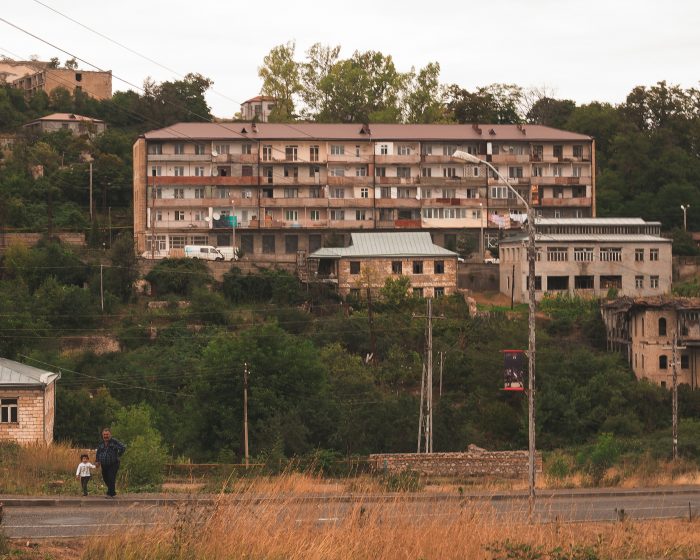What is happening in Nagorno-Karabakh? What can we expect in the near future? The paper discusses parameters of the recent resurgence of the Nagorno-Karabakh conflict and attempts to highlight the factors that define the evolution of the conflict and the possibilities of achieving a viable ceasefire. The paper also makes a brief reference to the policy pursued by Greece in this conflict and its recent resurgence.
- The intensity, extent and duration of armed conflict along the borders of Armenia and Azerbaijan in recent years show that the scenario of a military solution to the Nagorno-Karabakh conflict gains ground over the years.
- The viability of a ceasefire is questionable today. The political will of the two parties (Baku and Yerevan) to resolve the Nagorno-Karabakh conflict is not yet strong.
- Returning to the status quo ante is not realistic.
- The Nagorno-Karabakh conflict reserves no special place in Russia-West relations in contrast to other protracted conflicts in the wider region.
- Russia is the only power that could play a decisive role in achieving a ceasefire and resolving the conflict.
- The EU and the US remain on the sidelines and neither have the potential to exert real influence in Yerevan and especially in Baku.
- Although we should not exaggerate Turkey’s capabilities, the further militarization of Erdogan’s policy in the South Caucasus shouldn’t be ruled out.
- Greece’s policy in the Nagorno-Karabakh conflict is formed, first, by the firm position of Greek foreign policy that the settlement of disputes must be done in the context of international law and the respect of state sovereignty and second, by Greeks’ strong historical ties with the Armenian people.
You may read the Policy brief by Panagiota Manoli, Assistant Professor in Political Economy of International Relations, Department of Political Science and International Relations, University of the Peloponnese & Researcher, ELIAMEP, here (in Greek language).



